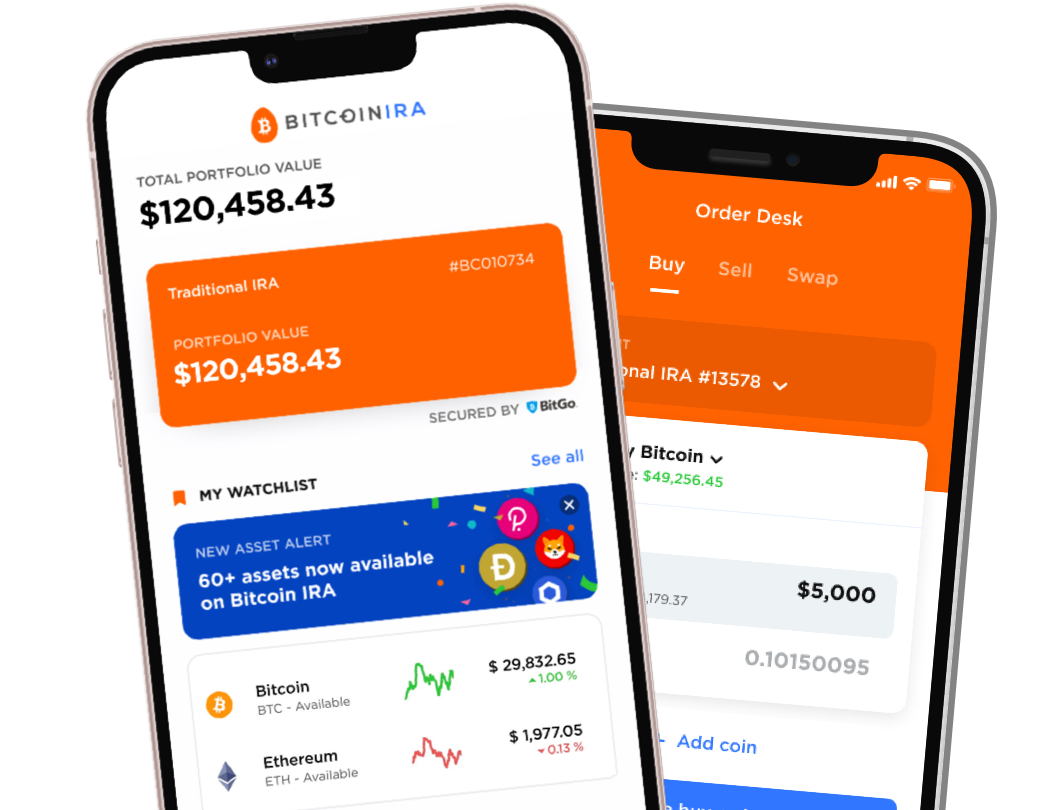Like others around the world, the Indian government has had its initial reservations about bitcoin and other cryptocurrencies. The country’s reserve bank on several occasions has issued warnings to the public on cryptocurrency use risk.
Even with these warnings, bitcoin adoption in the country only grew. Things came to a head on November 8, 2016. Prime Minister Narendra Modi decreed that Rs 500 and Rs 1,000, the largest denomination currency notes, were no longer legal tender.
The following day long queues formed outside banks and government owned gas pumps as people tried to convert the now useless notes to smaller denominations. That pushed even more Indians to hold and buy bitcoin.
The Bitcoin Taskforce
In March 2017, Kirit Somaiya, a Member of Parliament of the ruling BJP party, wrote to the reserve bank of India, the ministry of finance and the Securities and Exchange Board of India (SEBI). He wanted an urgent study done about bitcoin and its use in the country. Kirit:
“The use of Bitcoin, a hypothetical currency, is increasing at a rapid speed in India as well as in the world….there is urgent need to have a study on the development of Bitcoin in India.”
In early April 2017, the government formed a taskforce to look into bitcoin and other digital currencies. The taskforce’s mandate included formulating a framework that would guide industry regulation.
Members of public and other stakeholders were invited to give opinion. On MyGov, the official government portal, close to 4000 submissions were made and the majority were in support of legalizing bitcoin in India.
The Digital Asset and Blockchain Foundation of India, a non-profit organization that represents local bitcoin businesses, is one of the entities that sought audience with the taskforce.
Change of Heart
As the regulators got more enlightened about cryptocurrencies, in particular, through the work of the taskforce, their stand softened. In fact, the Asian country is now on the path to joining countries like Japan, Australia and South Korea that have in the recent past recognised bitcoin as a digital asset or a private currency.
On July 13, CoinDesk reported that India is considering imposing goods-and-services tax on bitcoin purchases. This is a far position from the push that some elements in the government made to have the cryptocurrency banned. An official:
“The discussion on whether crypto-currencies should be banned or regulated has been on for some time. The pros and cons for both aspects were put forth in the meeting chaired by Finance Minister Arun Jaitley last month.”
The tax on bitcoin purchases will be the first step to industry regulation. Most bitcoin companies operating in India such as exchanges and remittance services have long self-regulated.
They have observed the Know Your Customer (KYC) and anti-money laundering (AML) requirements. Therefore there will be little impact on how they operate when the regulator starts having a closer look at their operations.
Bitcoin’s legalization in India is critical and will have a significant network effect. India has the second largest population after China. It also has one of the largest unbanked populations. Bitcoin could be the technology that brings millions of Indians to financial inclusivity.
[mk_mini_callout title=”Free Download” button_text=”Get the Ultimate Investor’s Guide to Bitcoin IRAs” button_url=”/resources/investor-guide”][/mk_mini_callout]







 3,500+ 5-Star Reviews
3,500+ 5-Star Reviews